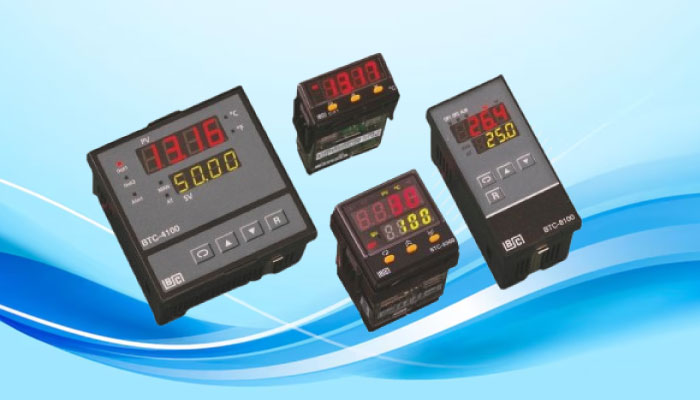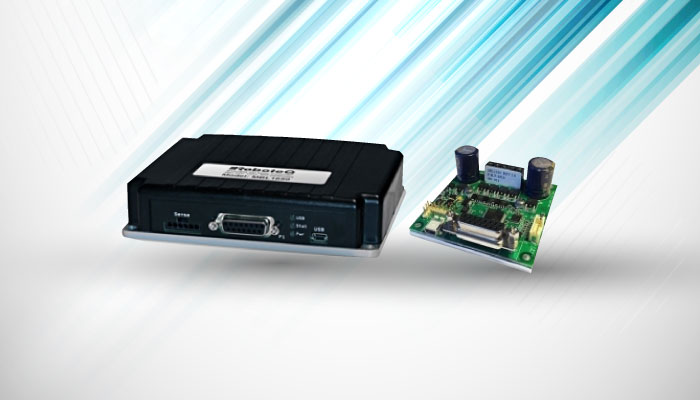Enhancing Connectivity and Efficiency with the Power of Industrial Wireless LAN

In the era of Industry 4.0, where automation and digitalization are transforming industrial operations, the need for seamless and reliable connectivity is more crucial than ever. Industrial Wireless LAN emerges as a game-changer, enabling efficient data transmission, real-time communication, and enhanced productivity. Let us explore the benefits, applications, and key considerations of Industrial Wireless LAN, and how this technology is revolutionizing industries across the globe.
Industrial Wireless LAN
Industrial Wireless LAN, often referred to as IWLAN or WLAN for industrial environments, is a wireless communication system designed specifically for industrial applications. Unlike traditional Wi-Fi, which is typically used in office or residential settings, Industrial Wireless LAN is engineered to meet the stringent requirements of industrial environments, such as factories, warehouses, and production facilities.
Industrial Wireless LAN utilizes radio frequency (RF) technology to establish wireless connections between devices, equipment, and control systems. By leveraging advanced protocols and technologies, it provides reliable, high-speed data transmission and secure communication, supporting critical industrial processes.
Benefits of Industrial Wireless LAN
Implementing IWLAN brings a multitude of advantages to industrial operations. Here are some key benefits:
- Enhanced Mobility and Flexibility: It enables wireless connectivity, eliminating the limitations imposed by wired systems. It allows devices, sensors, and workers to move freely within the facility while maintaining reliable network connections.
- Improved Efficiency and Productivity: It facilitates real-time data transmission and communication, enabling quick decision-making and faster response times, increasing
operational efficiency and productivity. - Scalability and Adaptability: It offers network expansion and device integration flexibility. As industrial operations grow or change, IWLAN can easily accommodate additional devices or adjust to new requirements, ensuring a scalable and adaptable network infrastructure.
- Cost Savings: By eliminating the need for extensive cabling infrastructure, IWLAN reduces installation and maintenance costs. It also reduces downtime and equipment damage caused by cable-related issues, resulting in cost savings for businesses.
- Increased Safety: It supports the implementation of safety systems, allowing real-time monitoring and rapid response to critical events. It enhances worker safety by providing reliable communication channels and enabling remote access to critical data.
Key Considerations for IWLAN Deployment
Before implementing IWLAN, several factors need to be considered:
- Signal Strength and Coverage: Industrial environments can present challenges for wireless signals due to interference from machinery, obstacles, and large spaces. A thorough site survey is essential to determine optimal access point placement and ensure
adequate signal coverage. - Security: Industrial networks deal with sensitive data and control systems. Robust security measures, including encryption, authentication, and intrusion detection, must be implemented to protect against unauthorized access and cyber threats.
- Reliability and Redundancy: To ensure uninterrupted operations, IWLAN should have redundant network configurations, failover mechanisms, and proper network planning to
mitigate the impact of potential failures. - Quality of Service (QoS): Industrial applications often have different bandwidth and latency requirements. IWLAN should support QoS mechanisms to prioritize critical data and ensure the smooth operation of time-sensitive applications.
- Interoperability: Compatibility with existing infrastructure, legacy systems, and industrial protocols should be considered to ensure seamless integration and avoid potential compatibility issues.
Conclusion
Industrial Wireless LAN is a transformative technology that empowers industries to achieve connectivity, efficiency, and agility in the modern digital landscape. By embracing Industrial Wireless LAN, businesses can unlock the potential of real-time data, seamless communication, and enhanced productivity. IWLAN finds applications in various sectors, optimizing operations and driving innovation from manufacturing to logistics, oil, gas, and utilities. However, careful planning, addressing security concerns, and considering the unique requirements of industrial environments are vital for successful IWLAN deployment. Embrace the power of IWLAN to propel your business into the future of connected industrial operations.
THETA Controls offers a diverse selection of industrial networking solutions from Hirschmann Electronics, a renowned manufacturer based in Germany. Our range of products includes cutting-edge switches, routers, wireless devices, and security systems designed specifically for industrial applications. These cutting-edge solutions are designed to meet the demanding requirements of industrial environments, providing reliable and secure communication.
We provide Industrial Wireless LAN, Industrial Switches, Substation Switches, Managed DIN Rail & Compact Switches, and Unmanaged DIN Rail Mount Switches for reliable operation in harsh industrial environments.
For seamless integration with existing industrial automation and control systems contact now.


